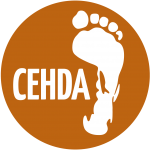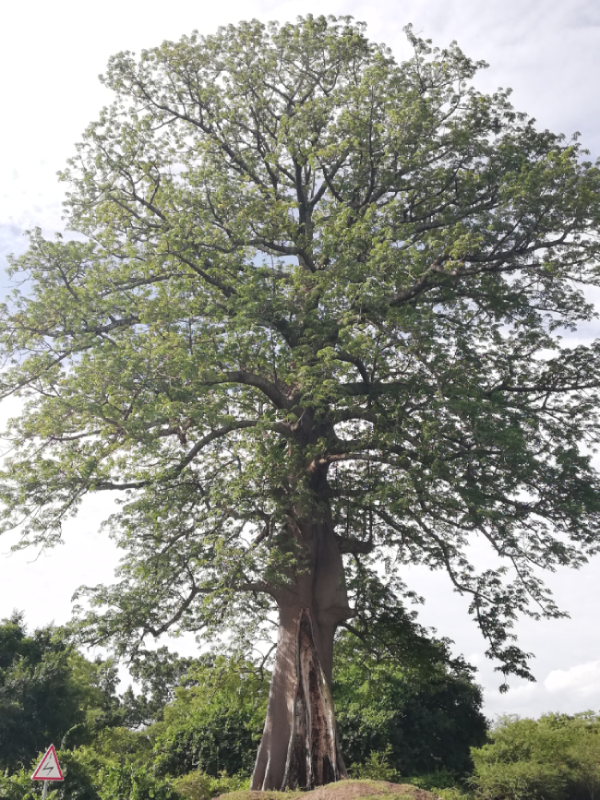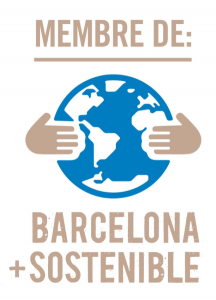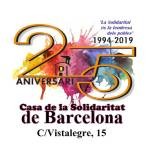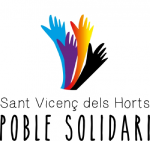About us
Who we are
We are an association founded by Ghanaian people living in Catalonia to improve opportunities of migrant people in Catalonia, as well as to support local resilient opportunities for communities in Sawla District, in the Savannah Region of Ghana. We also work weaving intercultural networks that help break down stereotypes about migration and promote a more humane global society.
Since we started this project in 2007, we have overcome many obstacles and have collectively learned a lot about how to accompany, care for, and work together for a fairer world, where migrating is a right at everyone’s reach. Today, we continue to learn and work for the right to migrate and for social-environmental glocal justice, thanks to the active and thoughtful participation of Ghanaian people, Catalan people as well as from all over the world who collaborate in our programs.
What we do
We believe that future generations will want to live in a just, sustainable and borderless society in which racist and xenophobic discourses, attitudes and behaviors are a challenge from the past. Where citizens coexist in a prosperous society based on a circular economy as a result of equity and the richness that emerges from the meeting of cultures and the freedom of movement of people. Thus, our vision is an environmentally and socially sustainable world where all people can live and move wherever they chose, under good conditions and with full rights; and that, if they chose to migrate, they can do so safely and legally. In summary:
“We want a fair and sustainable glocal world”
Mission: We work to generate local and sustainable opportunities that allow, both in rural communities in Ghana and migrant people in Catalonia, to live with dignity.
In the town of Sawla, located in the Savannah Region in the north of Ghana, we offer educational programs to primary school children who are at risk of social exclusion. We also cultivate the land with local seeds in order to provide educational and employment opportunities to the community according to their needs. Each year, numerous young women and men migrate from rural towns akin to Sawla, to big cities, or to Europe for a lack of promising opportunities in the village. The reasons why people decide to migrate are numerous, diverse and complex. Yet, different local testimonies have stated that the implementation of local projects that would improve the quality of life and possibilities in rural areas constituting a promising alternative to migration, in many cases. In the district of Sawla, CEHDA works with the community to develop local projects that improve people’s quality of life in a sustainable way, and in line with local traditions.
How we do it
In Ghana, we work with a team of local people with experience in education, such as teachers and school principals as well as with local farmers and youth interested in agriculture. We have a multipurpose space for educational programs and a farm of about eight hectares on the outskirts of the village of Sawla.
Our projects are based on a series of commitments on DDHH and gender equality which are reflected and articulated both in our letter of institutional commitments, our statutes, the organisational structure as well as in the recurrent reflection and curiosity processes and the current policies and protocols:
- Institutional commitments (in catalan)
- Safeguard policy (in catalan)
- Human Rights and Gender Equality policy (in catalan)
- Protocol for the prevention and handling of sexual harassment on the grounds of gender and sexual orientation. (in catalan)
Our values
We are people who support and walk alongside people. And in doing so:
We are authentic because we put people in the center and we work for the causes and impacts of the migratory phenomenon with knowledge of the facts, since the people who work for the entity and in a dream volunteer have suffered many of the injustices for which we work.
We are unique because we work from a glocal perspective, both in origin and destination and integrating social and environmental aspects of the migratory phenomenon.
And we are decisive because we take our commitments to the end in a creative, comprehensive, professional way, with an intercultural and feminist perspective and enhancing the multiplicity of skills of our work teams.
Transparency
How are we organized?
Our board and staff
- President: Naima Salrà Camps
- Vicepresident: Mohammed Ibrahim
- Secretary: Marina Lopez
- Treasurer: Saaka Kombat
Our staff:
- Laura García Chapa laura[ad]cehdaghana.org
- Cecília Garcia Albareda cecilia[ad]cehdaghana.org
- Natalia Hernández de Lara info[ad]cehdaghana.org
- Rashid Abubakar Iddrisu rashid[ad]cehdaghana.org
- Ariadna Isern Creus ariadna[ad]cehdaghana.org
- Cesc Mas Vitori cesc[ad]cehdaghana.org
- Ana Elia Ramón Hidalgo anaelia[ad]cehdaghana.org
- Um Bahadur Gurungum
- Omar Bayo
Statutes
- Estatuts (in Catalan)
How we have financed ourselves in 2022
- Individual donor partners and sales 11,48%
- Private institutions (Foundations, etc.) 13,94%
- Public institution 74,59%
Financial reports 2022
Annual Report CEHDA
Memòria CEHDA 2022 (in catalan)
Annual Report CEHDA 2021 (in catalan)
Annual Report CEHDA 2020 (in catalan)
Annual Report CEHDA 2019 (in catalan)
Annual Report CEHDA 2018 (in catalan)
Annual Report CEHDA 2017 (in catalan)
Send us an email to consult previous anual reviews.
We are members of:
